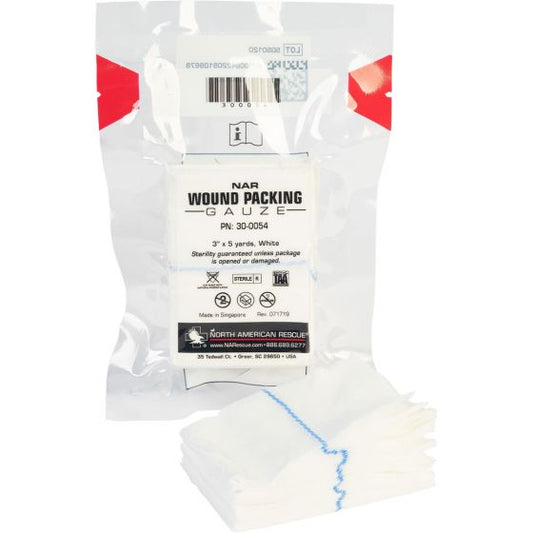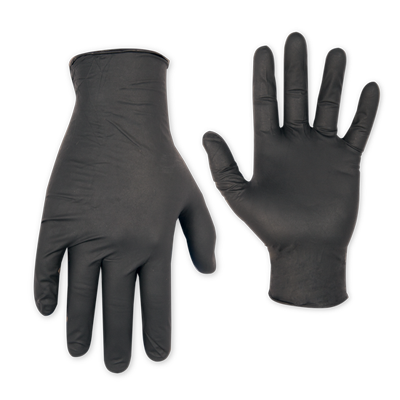-
1.5 Ratcheting Medical Tourniquet (RMT)
5.0 / 5.0
(21) 21 total reviews
Regular price $34.99Regular priceUnit price / per -
Emergency Trauma Kit (ETK) - Custom Exclusive Kit
5.0 / 5.0
(4) 4 total reviews
Regular price $89.99Regular priceUnit price / per -
Child (Pediatric) Ratcheting Medical Tourniquet
5.0 / 5.0
(4) 4 total reviews
Regular price $39.99Regular priceUnit price / per -
2" Tactical Ratcheting Medical Tourniquet (RMT)
5.0 / 5.0
(3) 3 total reviews
Regular price $38.25Regular priceUnit price / per -
NAR Individual Aid Medical Kit
5.0 / 5.0
(2) 2 total reviews
Regular price $15.49Regular priceUnit price / per -
Premium Trauma Shears
5.0 / 5.0
(2) 2 total reviews
Regular price From $3.99Regular priceUnit price / per -
NAR Wound Packing Gauze
5.0 / 5.0
(1) 1 total reviews
Regular price $4.24Regular priceUnit price / per -
Black Nitrile Gloves - SIZE LARGE ONLY
Regular price $0.75Regular priceUnit price / per

Premium Quality shirt
Burn The Ships!
Tri-blend shirt, tighter up top, looser on the bottom, good CCW application.

PREMIUM
Burn The Ships!
Three unique designs, two different size closed back caps, dozens of colors available, top button removeable.
-

Carry Accessories
Top tier accessories you should add to your concealed carry setup! ...
-

Premium Optics
Tested and Proven optics for your firearms!
























